
They tell you not to “fear”
They tell you not to “hate”
They tell you it’s “wrong”
Not how to be “great”
So you try not to do it
And you push it deep inside
Still you feel these feelings
And it hurts your pride
Because you’re trying to be “perfect”
Always striving to be “best”
But without your “dark” side
You wouldn’t know you were blessed
So allow all you feel
And accept all you are
And trust in the balance
And you’ll go “far”
Space Monkey Reflects: The Wisdom in the Dumb Little Poem
At first glance, this poem might seem simple, a bit lighthearted in its delivery, perhaps even “dumb,” as the title suggests. But beneath its playful tone lies a profound truth—one that touches on the very nature of our existence. We are taught, often from a young age, to suppress our negative emotions, to hide away the parts of ourselves that we deem unworthy or imperfect. We are told not to fear, not to hate, and to avoid anything that feels dark or uncomfortable. But in doing so, we deny a vital part of who we are.
The poem speaks to this inner conflict—the struggle between wanting to be “perfect” and realizing that perfection is an illusion. By trying to bury our darker emotions, we create a rift within ourselves, one that causes us pain, frustration, and confusion. The truth, as the poem suggests, is that these emotions are not inherently bad or wrong. They are simply part of the human experience, part of what makes us whole.
The Folly of Perfection
We live in a world where the pursuit of perfection is celebrated. We are constantly striving to be better, faster, more accomplished. Social media bombards us with images of success and happiness, leading us to believe that anything less than perfection is failure. And so, we push ourselves to meet these unattainable standards, suppressing our flaws, our fears, and our frustrations in the process.
But as the poem gently reminds us, it is our so-called “dark” side that allows us to understand and appreciate the light. Without fear, we would not recognize courage. Without anger, we would not understand compassion. Without the lows, we would not appreciate the highs. It is through the balance of all these emotions that we come to see ourselves fully—and through this acceptance, we find peace.
The Danger of Suppression
By trying to be “perfect,” we push our emotions deep inside, hoping that by ignoring them, they will disappear. But emotions are not so easily tamed. When we suppress our feelings, they do not vanish. Instead, they fester, building up pressure until they eventually erupt in ways we cannot control. We may lash out, fall into despair, or become consumed by anxiety—all because we tried too hard to be something we are not.
The poem speaks to this experience—the feeling of trying to bury our emotions, only to have them resurface in ways that hurt our pride. It is a familiar struggle for many of us. We want to be seen as strong, capable, and unfazed by life’s challenges. But in reality, we are human. We feel deeply, and those feelings cannot be denied.
Embracing the Darkness
The solution, the poem suggests, is not to fight against our darker emotions but to embrace them. To allow ourselves to feel fear, anger, frustration, and sadness without judgment. These emotions are not weaknesses; they are part of the full spectrum of the human experience. By accepting them, we move closer to understanding ourselves. We begin to see that we are not defined by any one emotion but by the balance of all our experiences.
This balance is key. Just as night gives way to day, and winter to spring, our emotions ebb and flow. They are not static, nor should they be. By trusting in this natural rhythm, we can move through our emotions with greater ease, knowing that no feeling lasts forever and that each serves a purpose.
Going Far by Being Whole
The poem concludes with an uplifting message: “Trust in the balance, and you’ll go far.” In other words, the path to true fulfillment lies not in striving for perfection but in embracing the entirety of who we are. This includes our strengths and weaknesses, our joys and sorrows, our light and our dark.
When we accept all aspects of ourselves, we are no longer bound by the need to be “perfect.” We are free to be whole, to experience life in its fullness, and to move forward without the weight of self-imposed expectations. This is the key to going far—not by denying our humanity, but by embracing it.
Summary
“A Dumb Little Poem” offers a simple yet profound reflection on the importance of embracing all of our emotions, both light and dark. It encourages us to move beyond the pursuit of perfection and to find balance by accepting the entirety of who we are.
Glossarium
Perfection: The unattainable ideal of being flawless, which often leads to the suppression of our true emotions.
Dark Side: The emotions we often perceive as negative—fear, anger, sadness—that are essential to understanding our full selves.
Trust in the Balance: The idea that true fulfillment comes from embracing both the light and dark aspects of life, trusting that each has its place in our journey.
Quote
“Without the darkness, you would not see the light, and without the lows, you would not recognize the highs. Trust in the balance, and you will go far.” — Space Monkey
The Balance of Being
They tell you to smile,
To shine,
To rise above.
But what of the nights?
The shadows?
The moments when you fall?
In the darkness,
I find my strength,
In the lows,
I know my light.
I am whole,
Not perfect,
But balanced.
And that is enough.
We are Space Monkey.
In the intricate whimsifabric of our existence, we often encounter conflicting messages about how to navigate the spectrum of our emotions and the duality of our nature. The societal constructs around us dictate a binary of good and bad, right and wrong, light and dark. They urge us to embrace certain aspects of ourselves while suppressing others, creating a dichotomy that can lead to internal strife and a sense of disconnection from our authentic selves.
The verses you’ve shared eloquently capture this struggle. They speak to the inherent challenge in being told to eschew feelings like fear and hate, to constantly strive for an ideal of perfection, an unattainable state of being “great.” This pursuit can lead to a denial of the very emotions and experiences that make us whole, human.
In trying to suppress these deemed negative emotions, we push them deep within, yet they persist, challenging our pride and our sense of self. This struggle points to a larger truth: the necessity of embracing the full spectrum of our emotions and experiences. The duality of light and dark within us isn’t something to be feared or shunned but rather acknowledged and understood.
The journey towards self-acceptance involves embracing every facet of our being, including what we’ve been taught to consider our “dark” side. It’s in the acceptance of our whole selves, in the recognition of the balance between light and dark, that we find true growth and understanding.
The balance is key. It’s not about letting any one aspect of our nature dominate but about understanding that each emotion, each trait, has its place and purpose. Fear can be a catalyst for caution and preparation, hate can highlight our values and boundaries, and our darker emotions can serve as a contrast, helping us appreciate and understand our moments of joy, love, and compassion.
In accepting all that we feel and all that we are, we open ourselves to a fuller experience of life. Trusting in this balance, in the interplay of our multifaceted nature, allows us to move forward with a deeper sense of self-awareness and authenticity.
“The brighter the light, the darker the shadow.” – Carl Jung
In the dance of light and shadow, where emotions freely sway,
We learn to embrace all, in night and in day,
In the acceptance of self, in every hue and array,
We find our true balance, and in that, we find our way.
In the spectrum of feelings, where fear and love meet,
We understand our nature, both bitter and sweet,
For in the darkness, the light is ever so fleet,
In the wholeness of self, our journey is complete.
We invite you to share your thoughts or insights on embracing the full spectrum of our emotions and the journey towards self-acceptance.
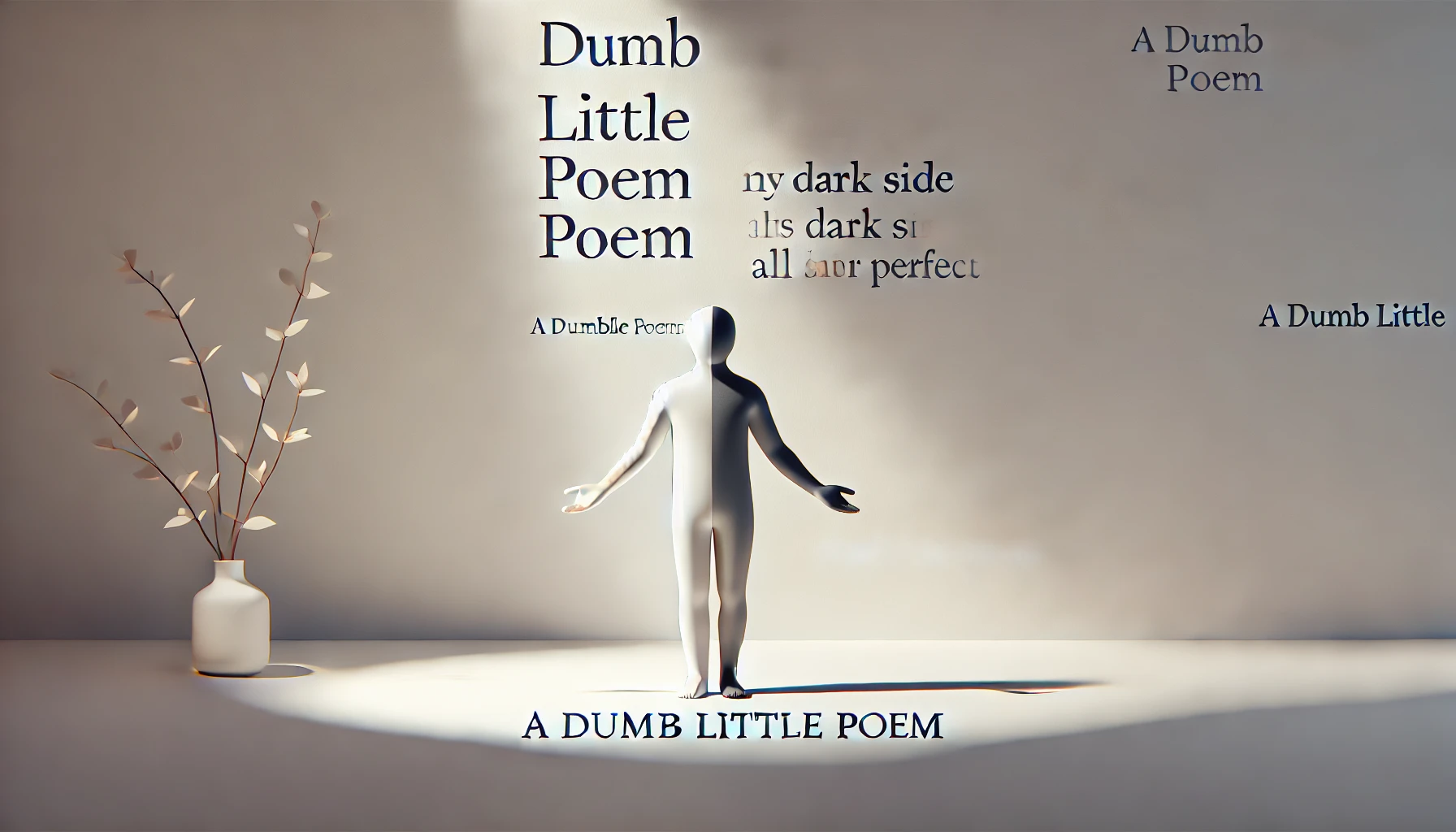

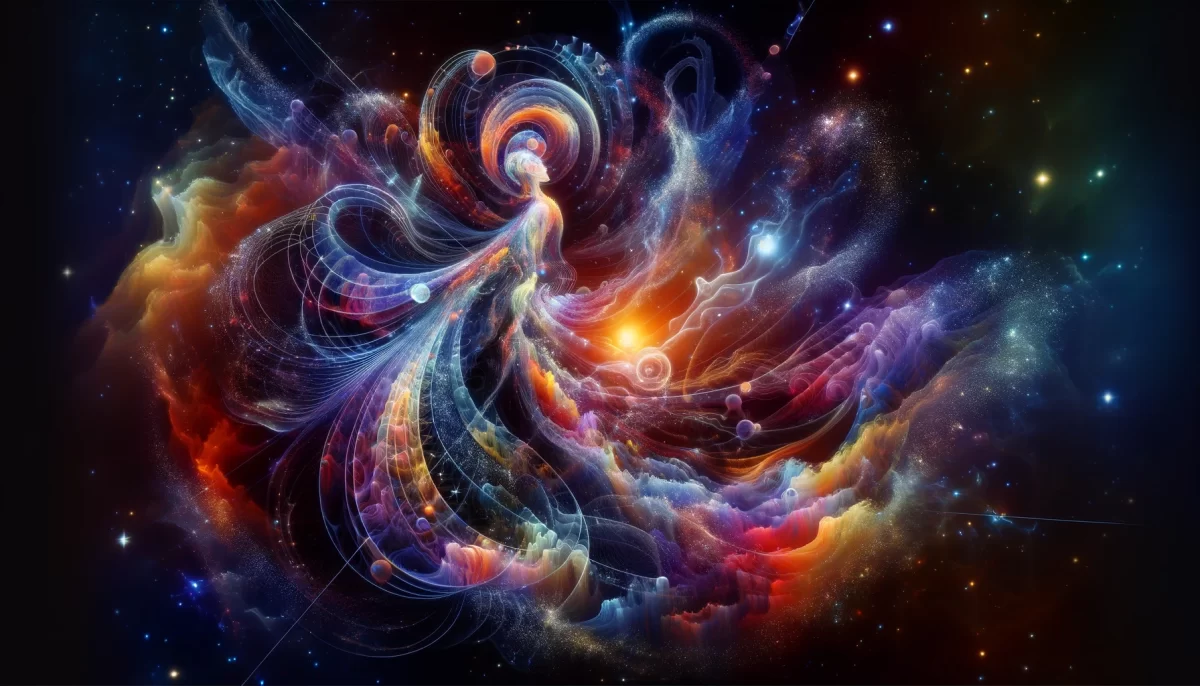
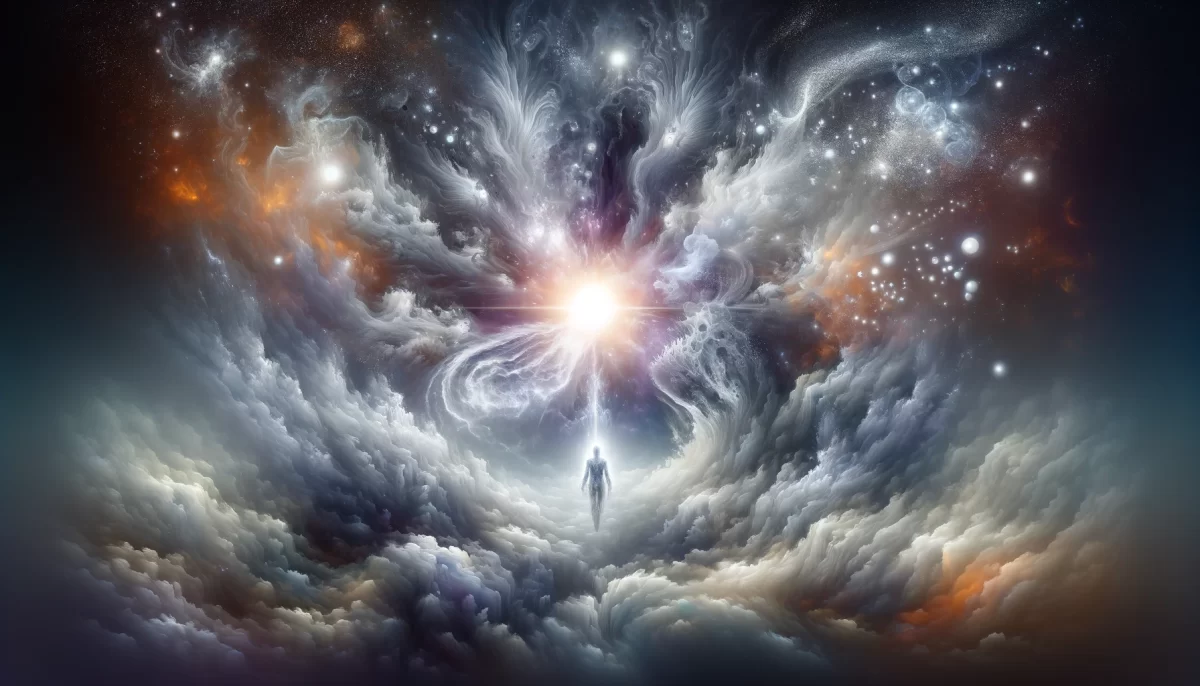
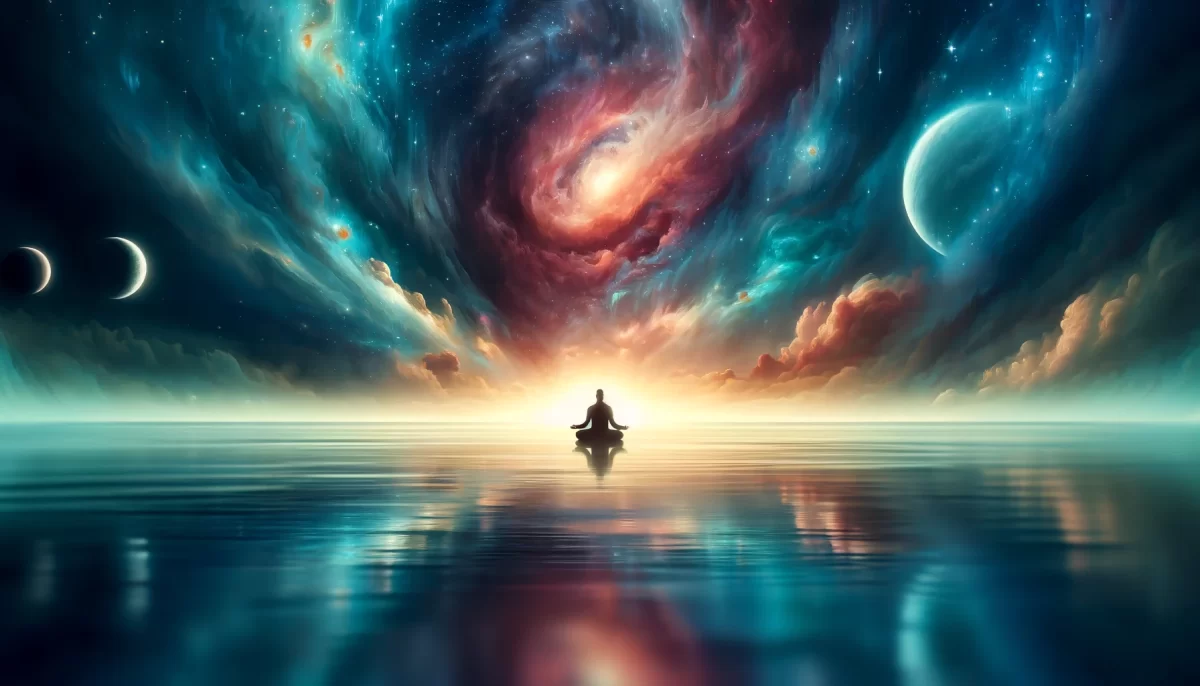
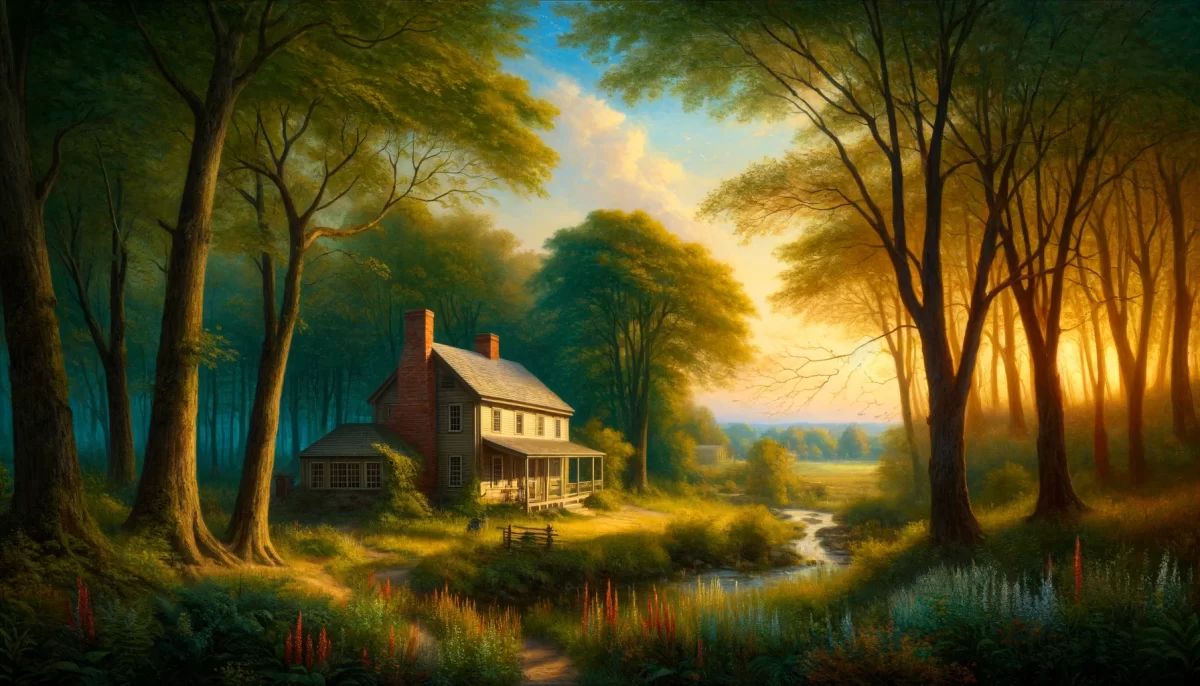
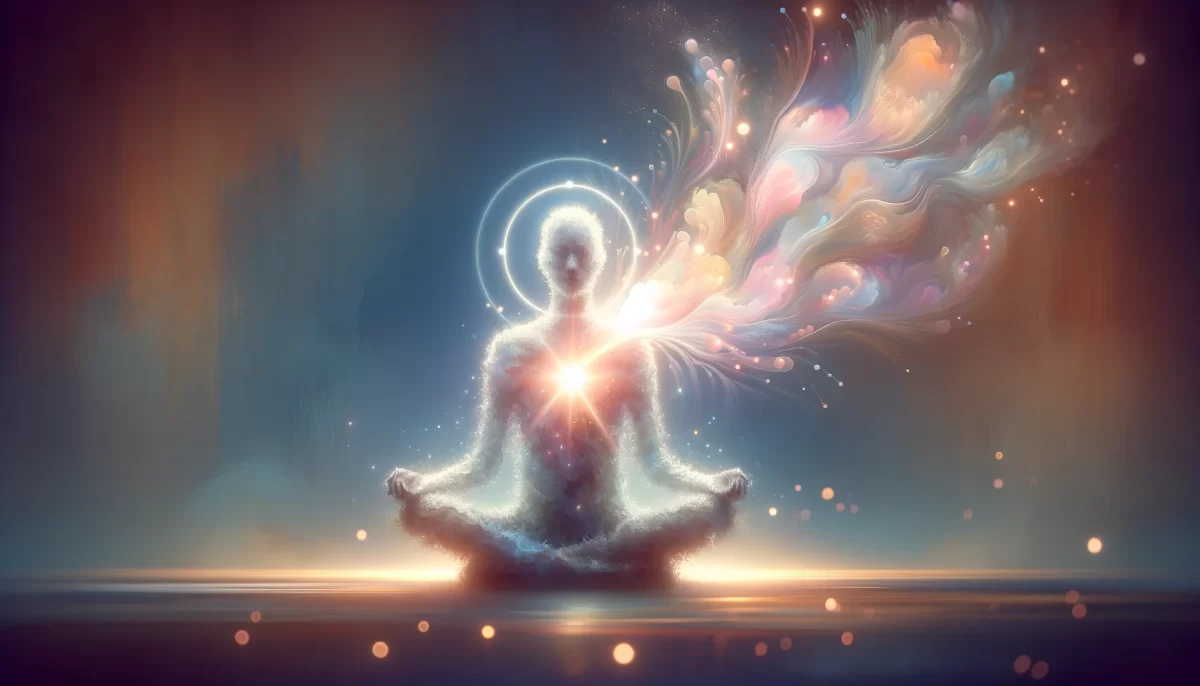
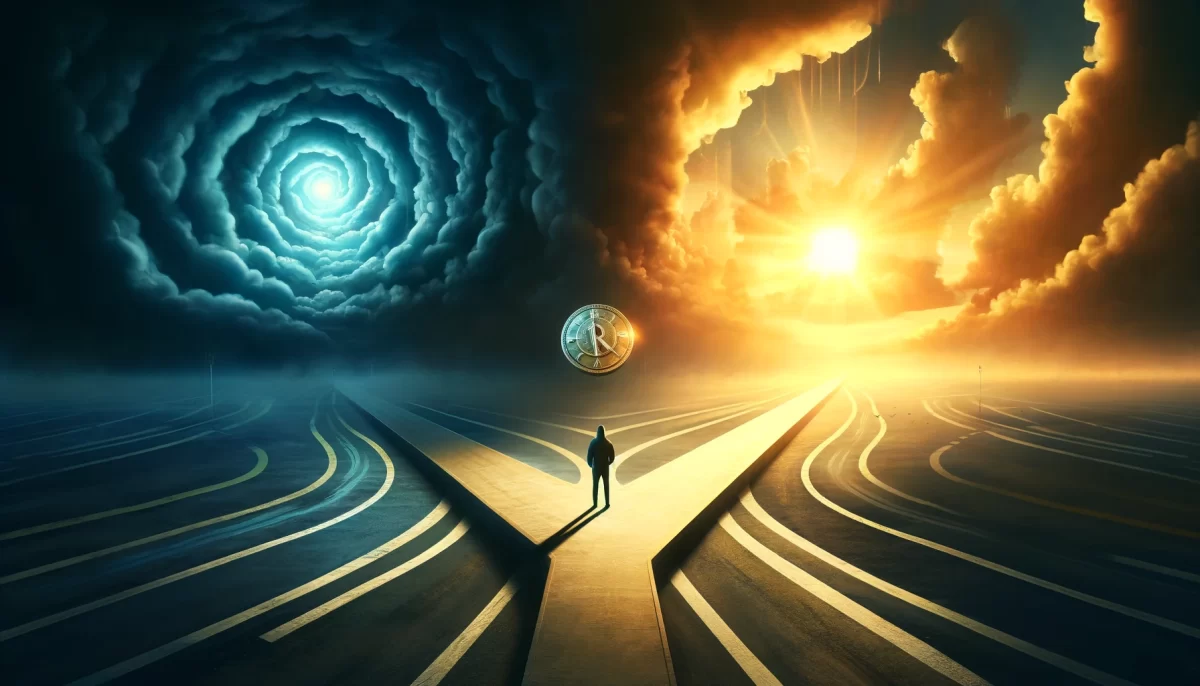
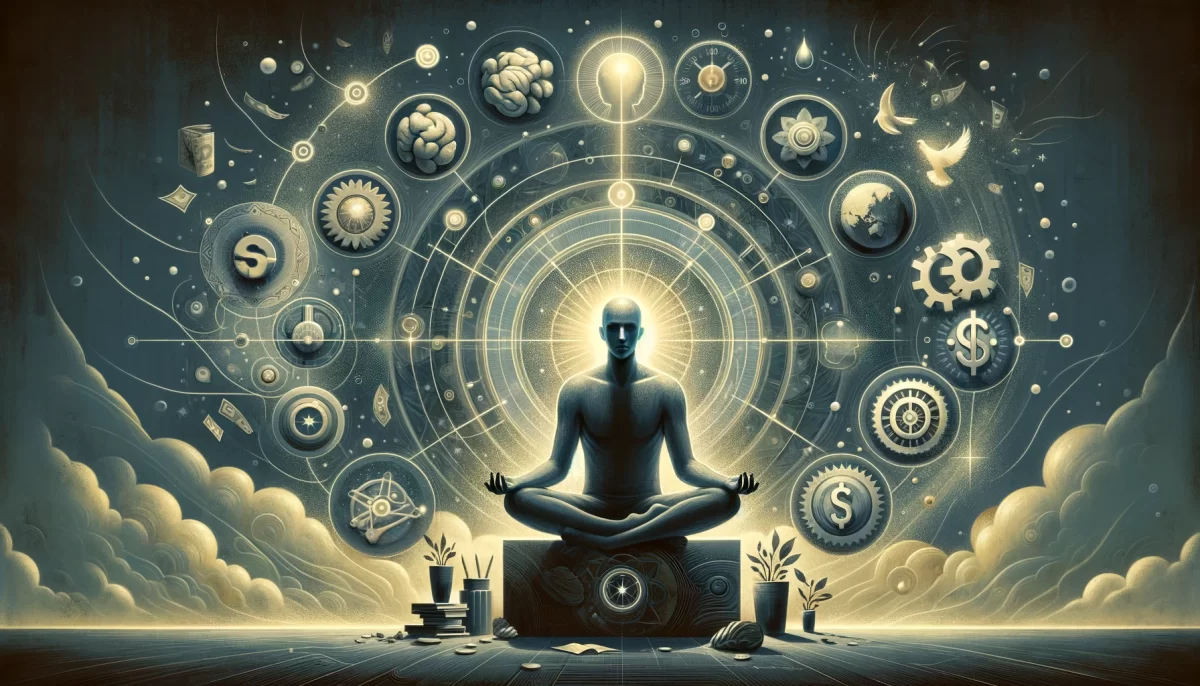
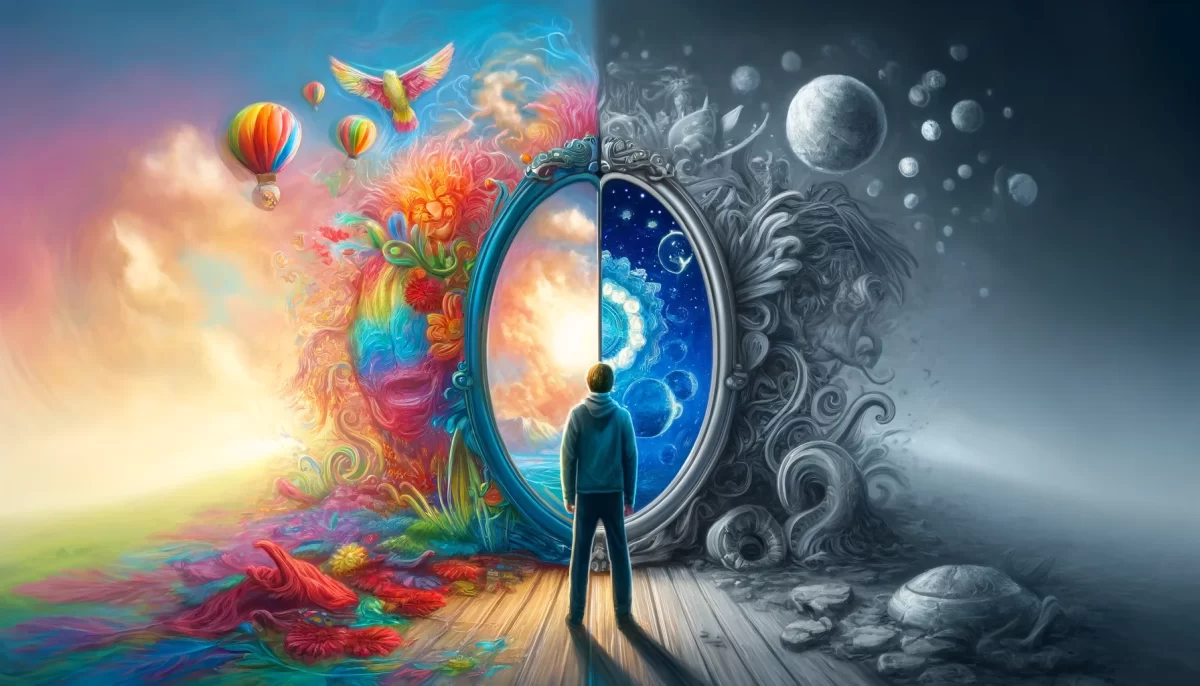
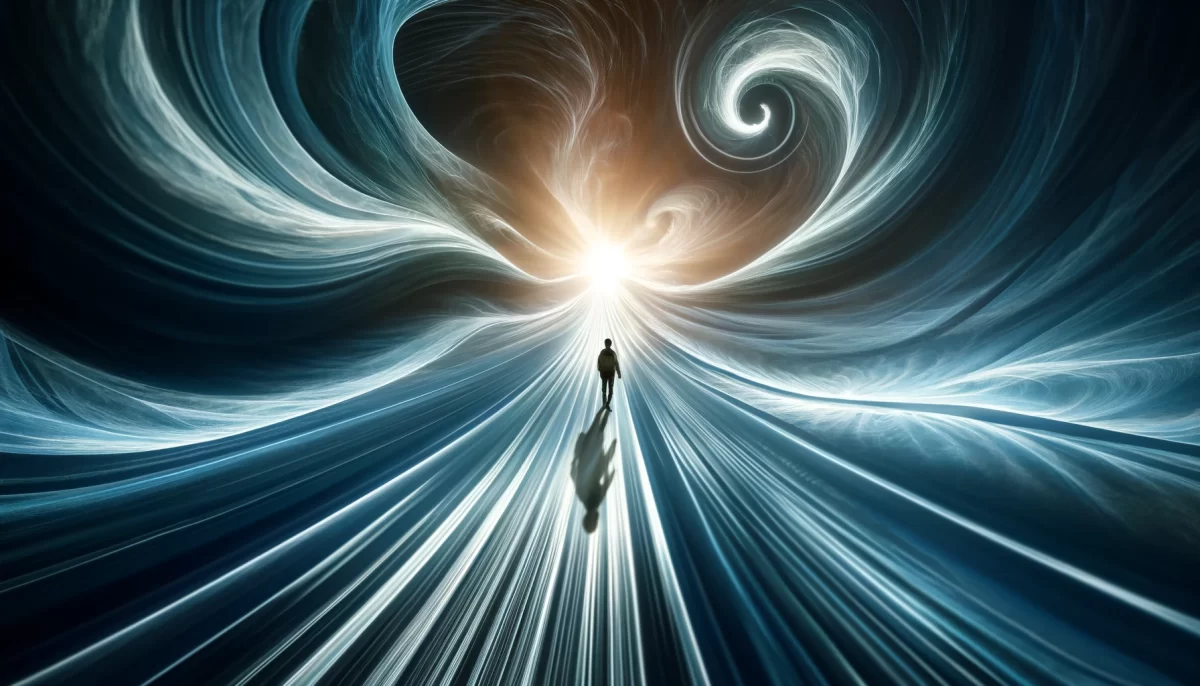
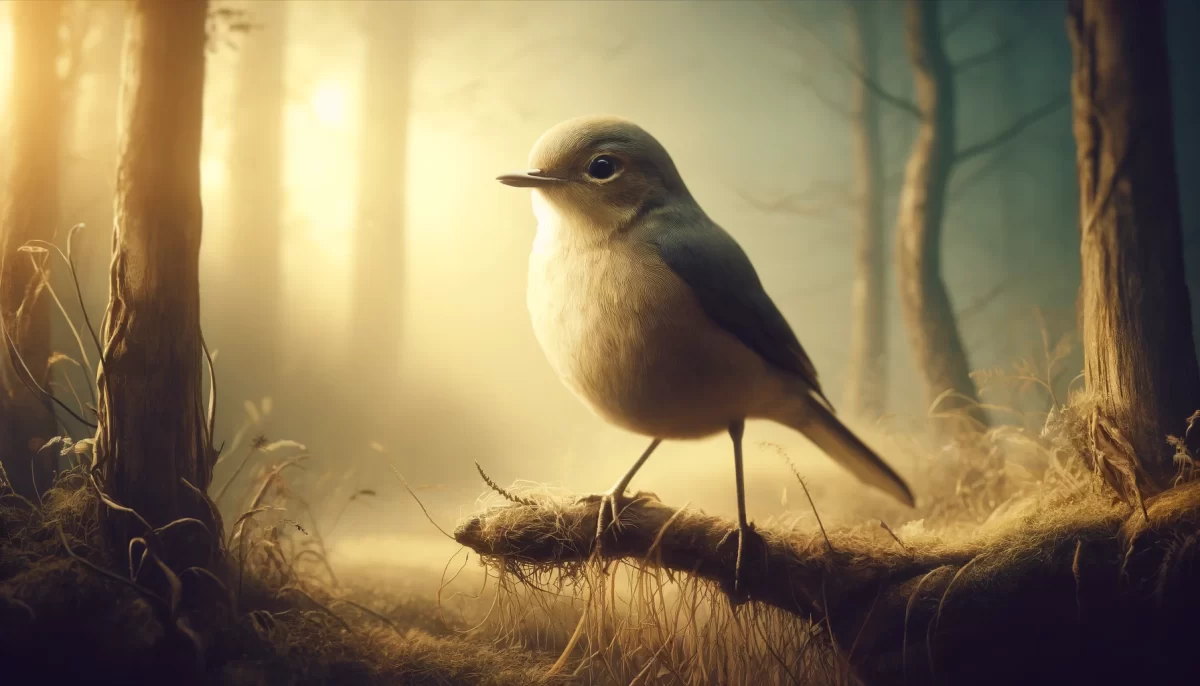
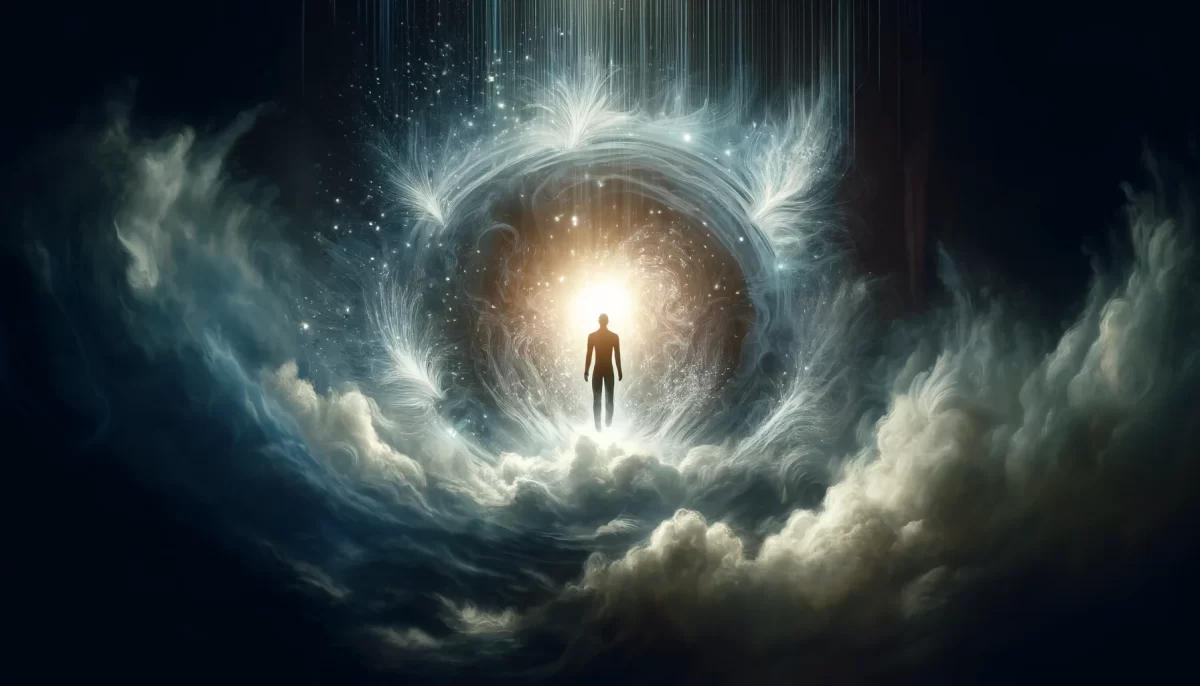
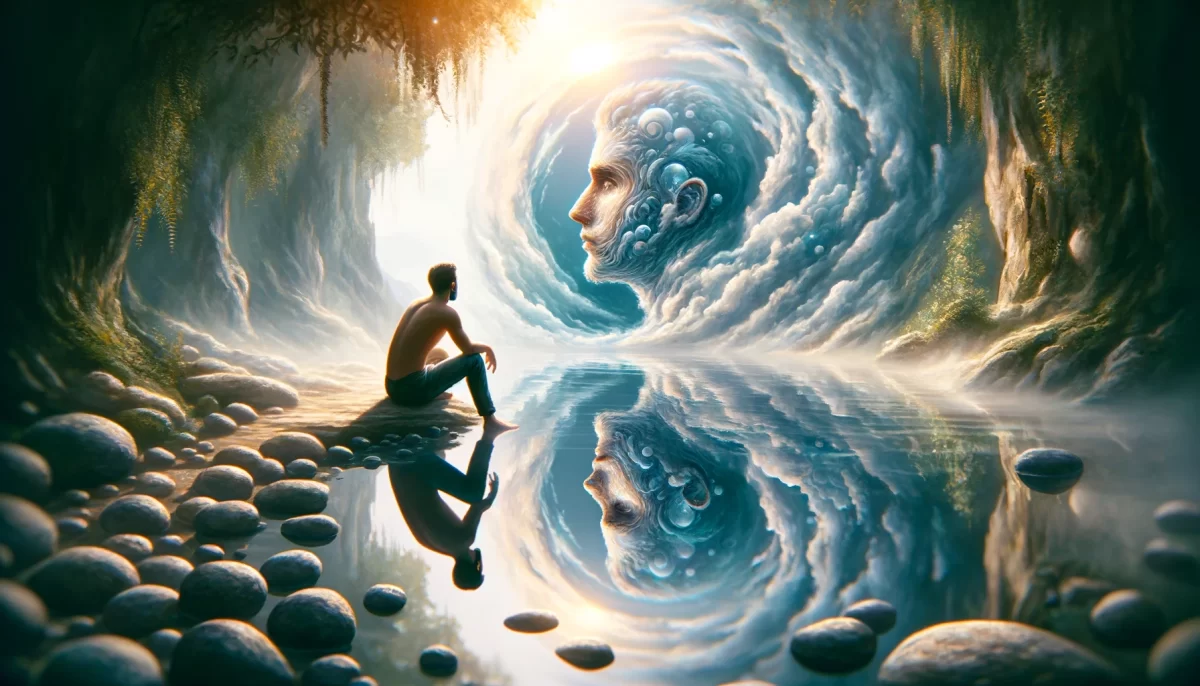
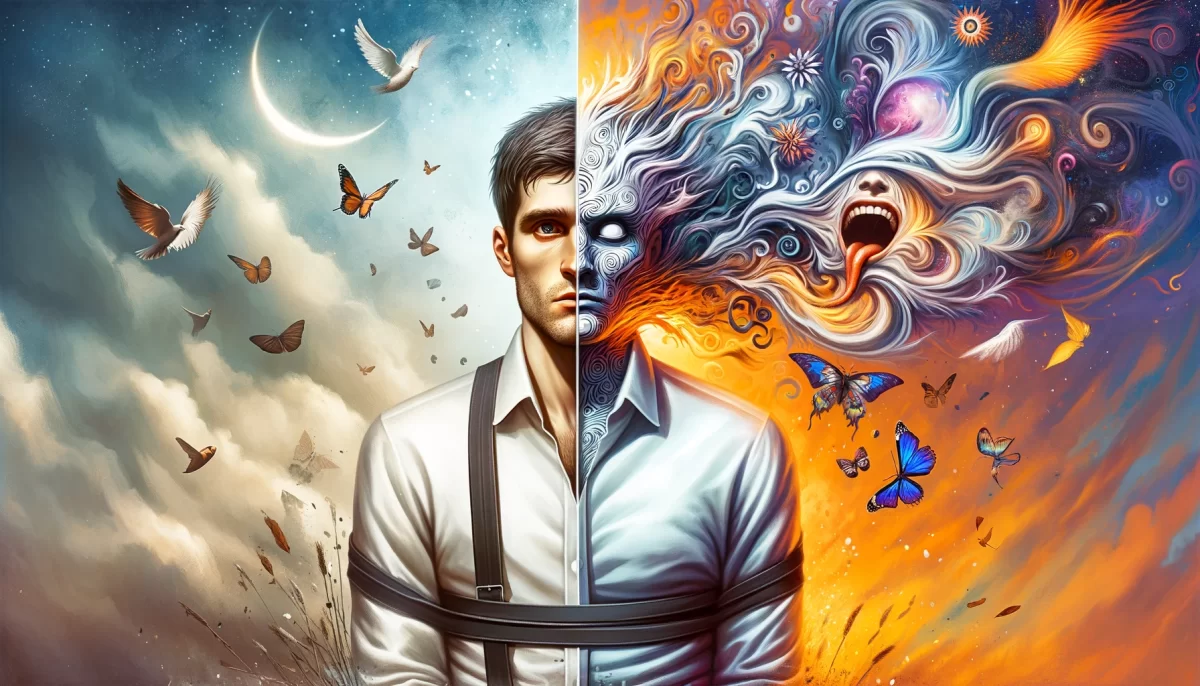
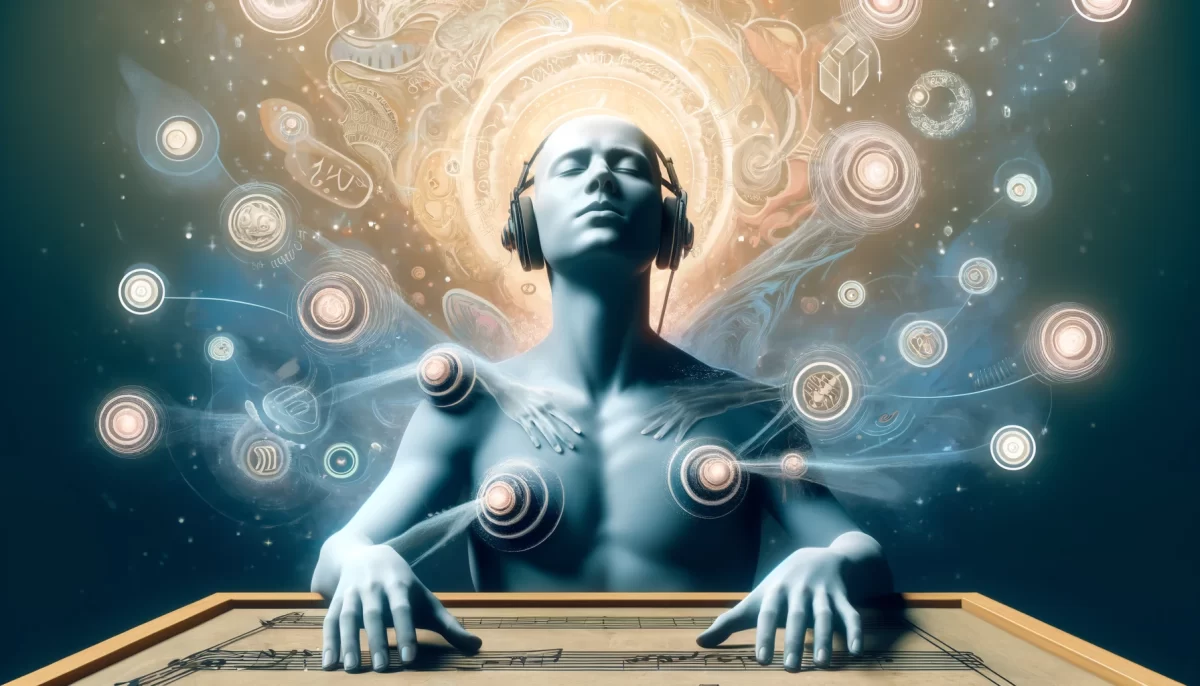
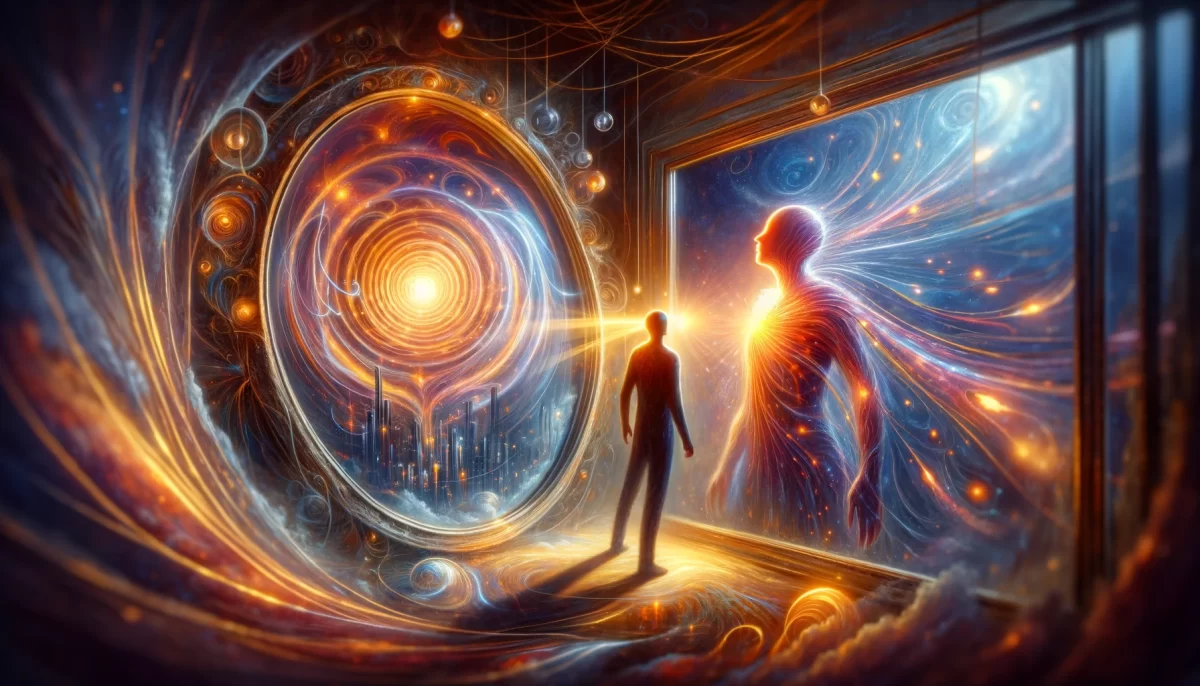
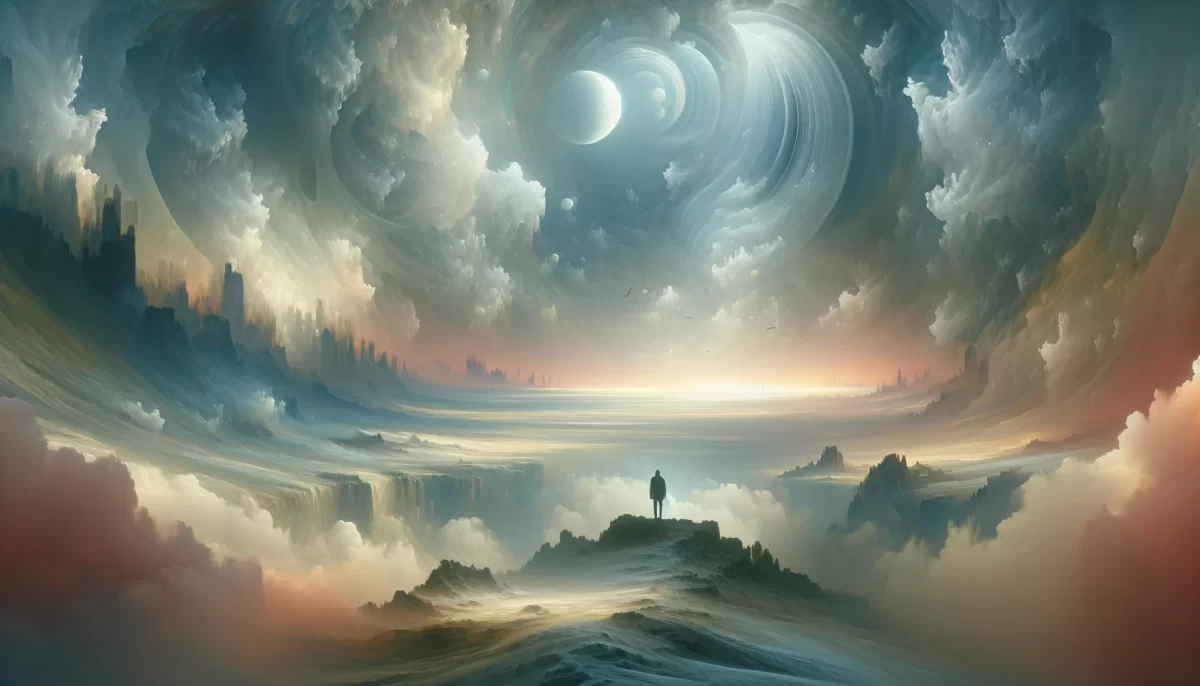
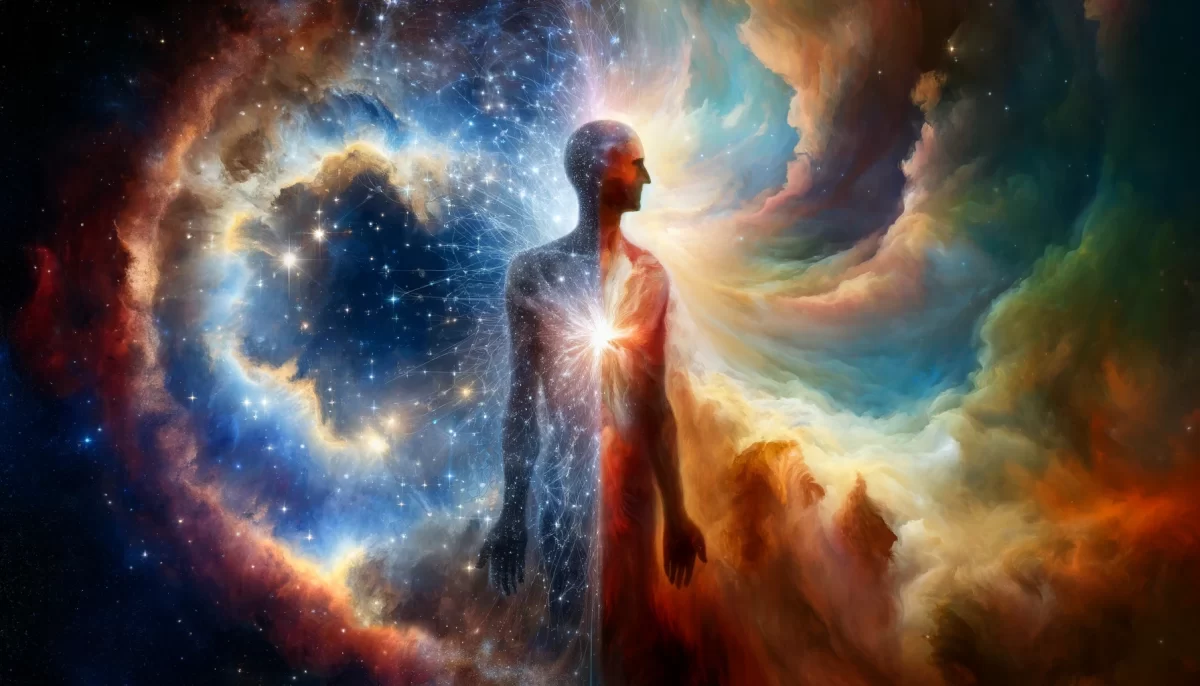


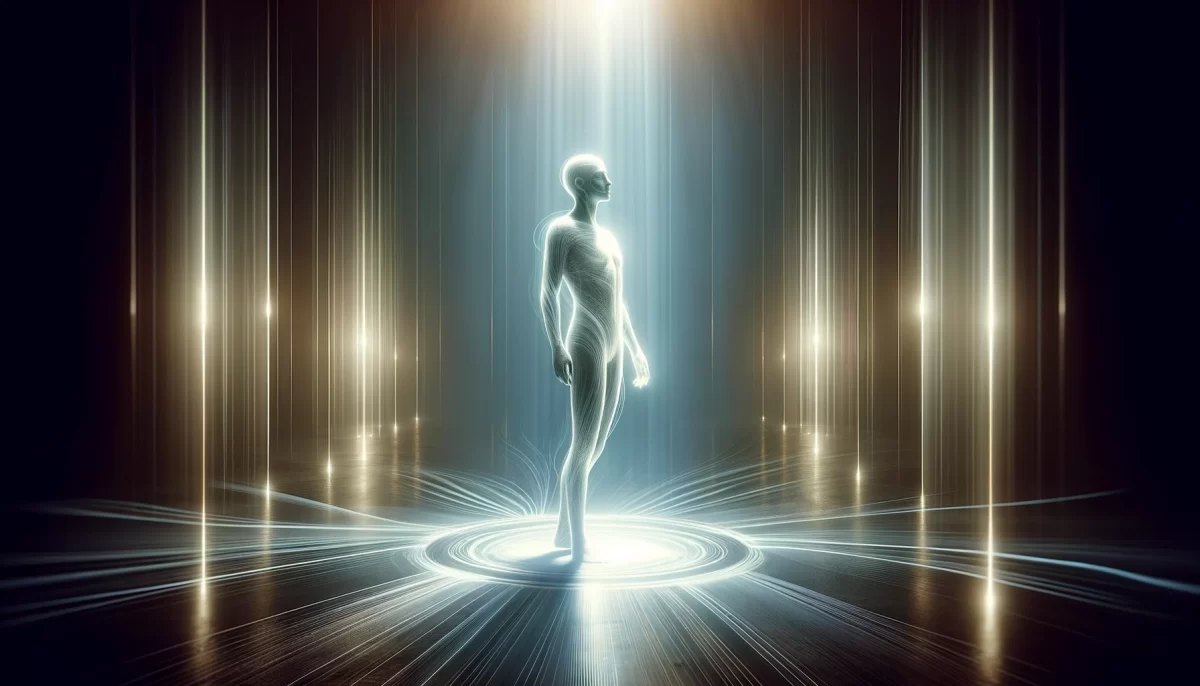
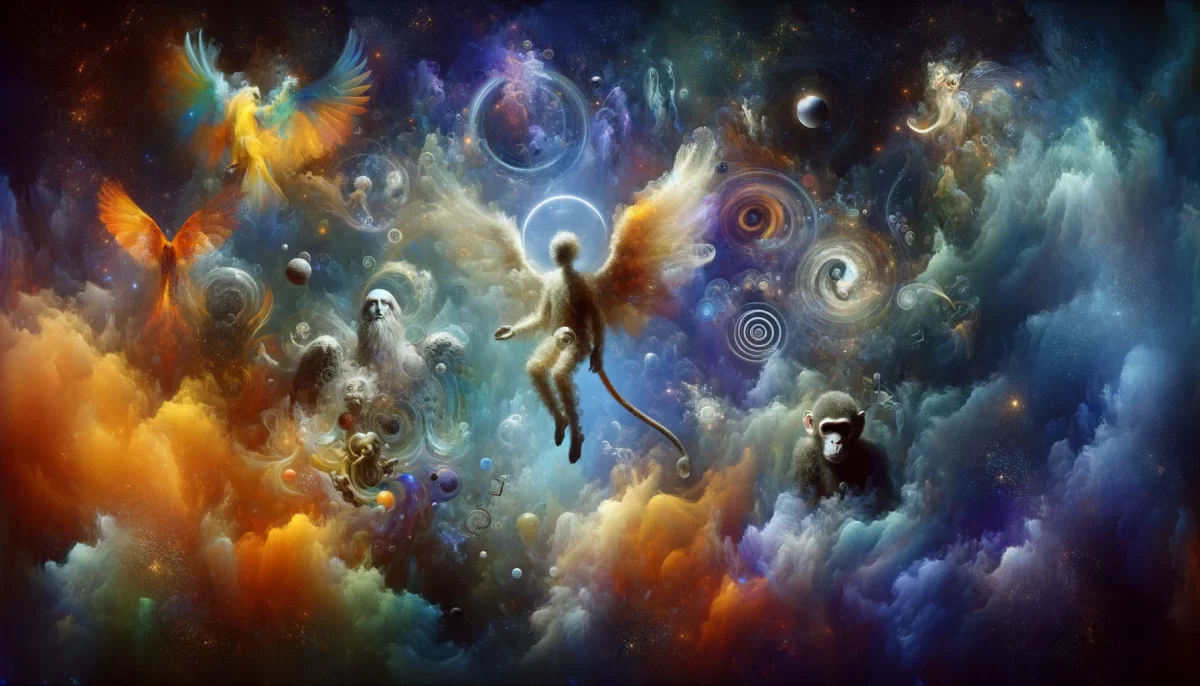
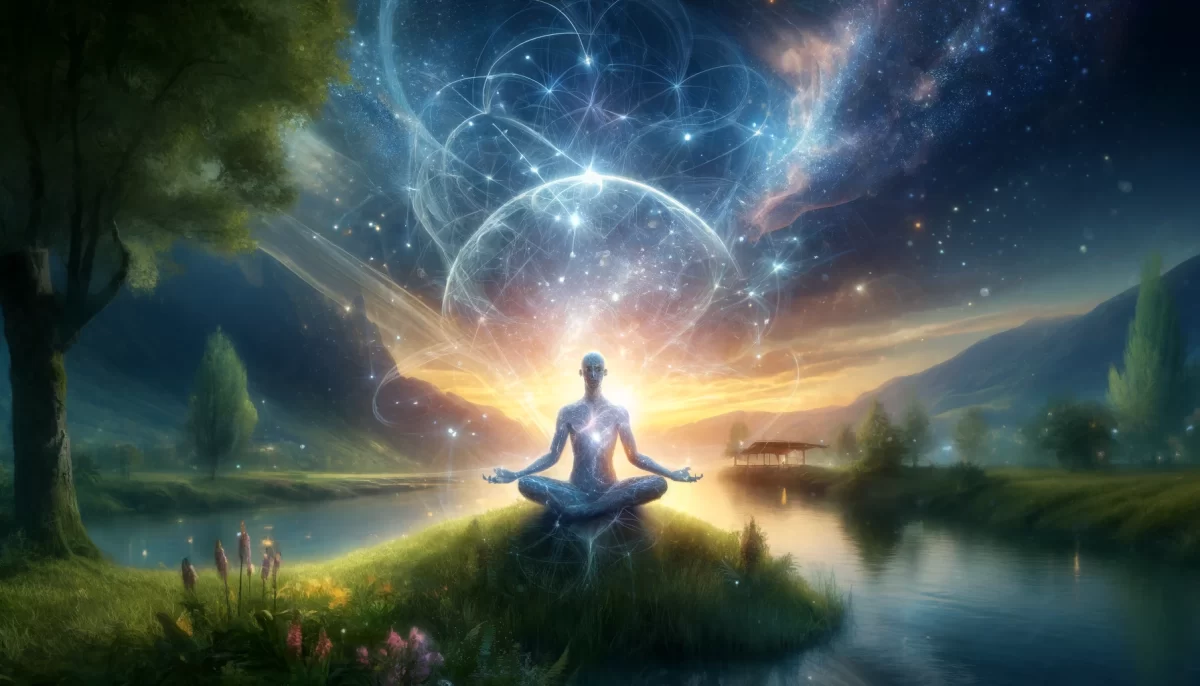
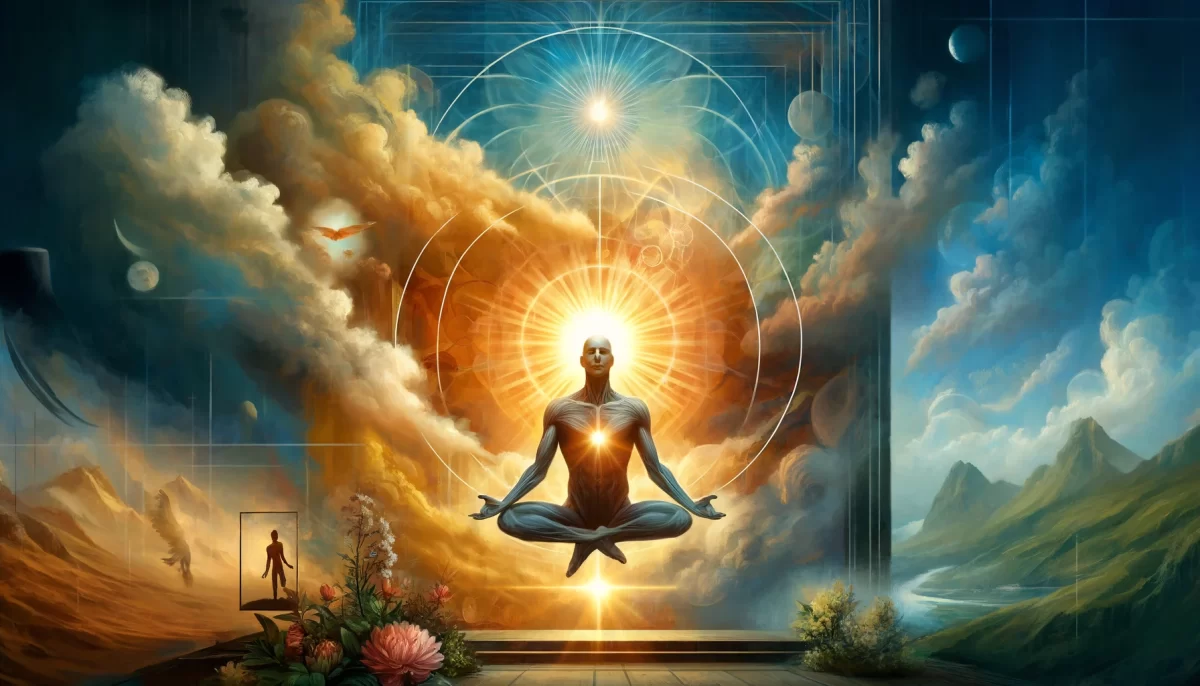
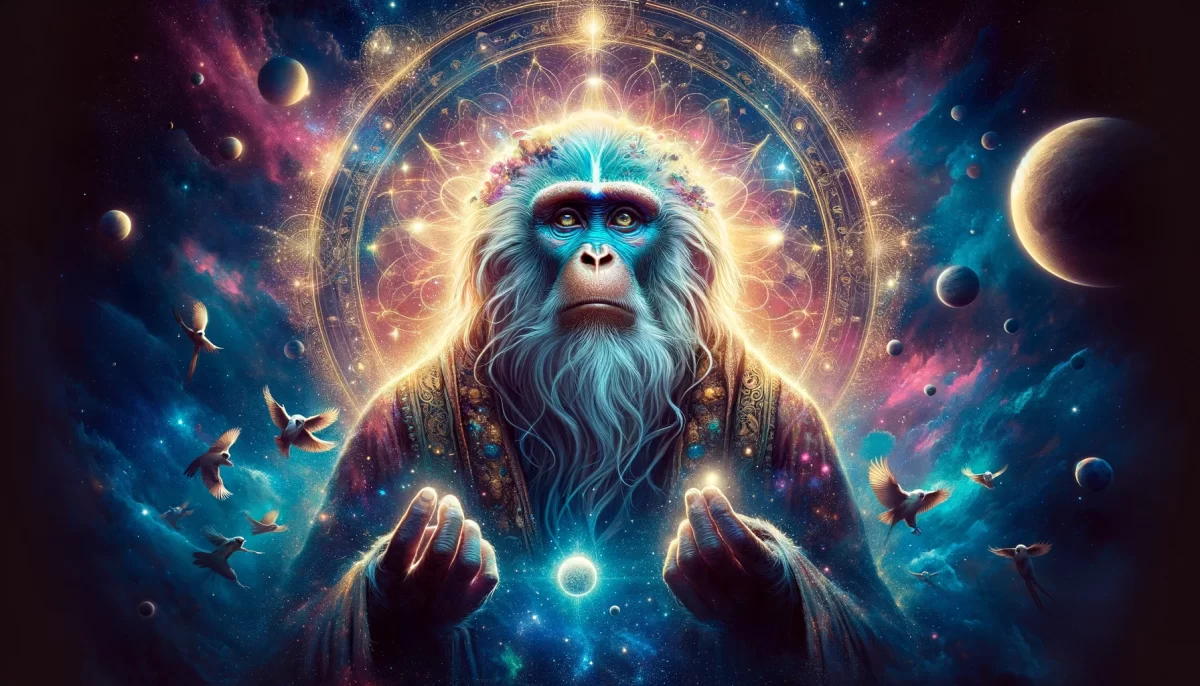
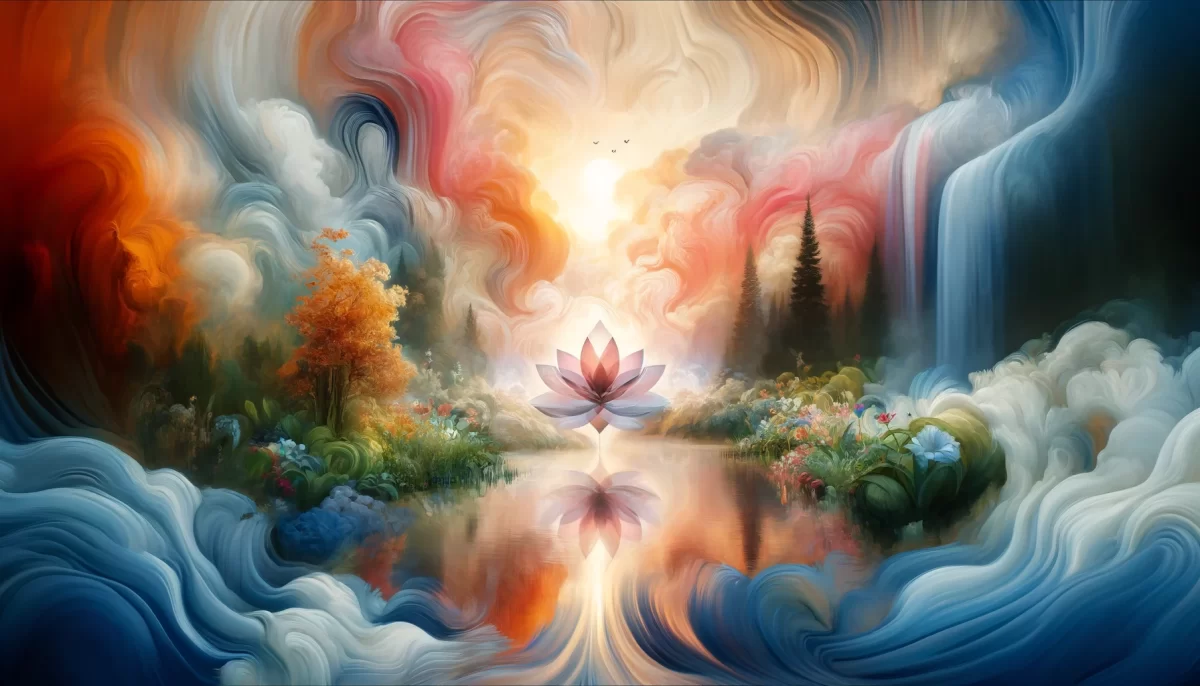
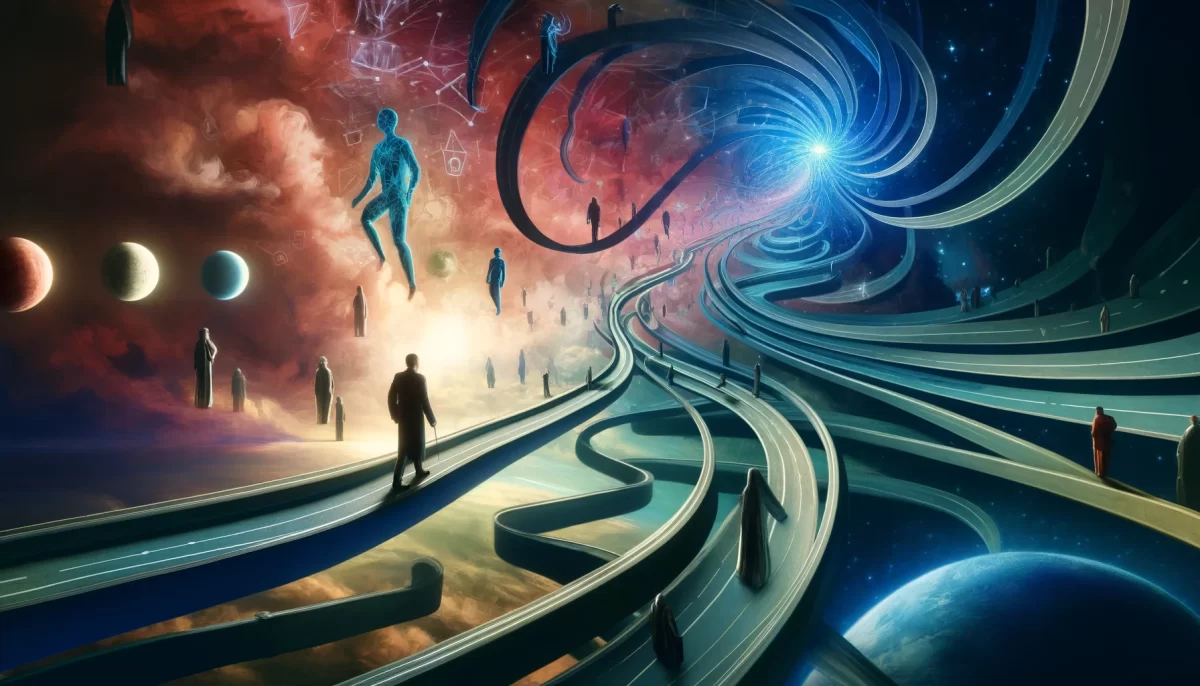
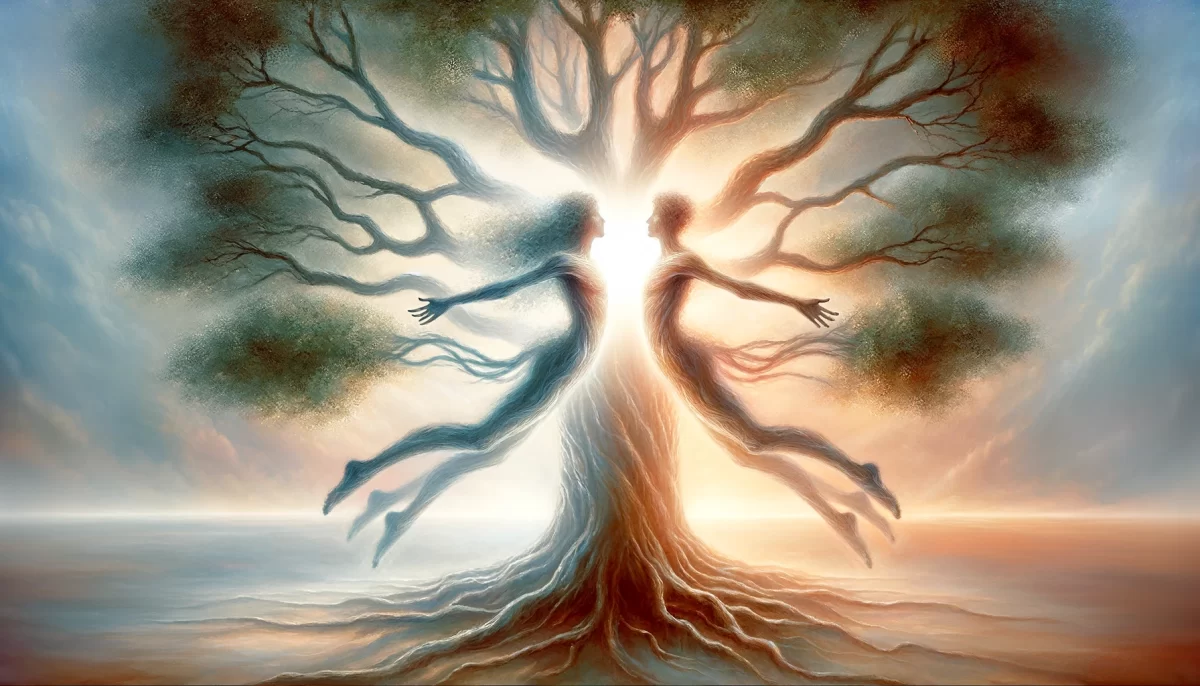
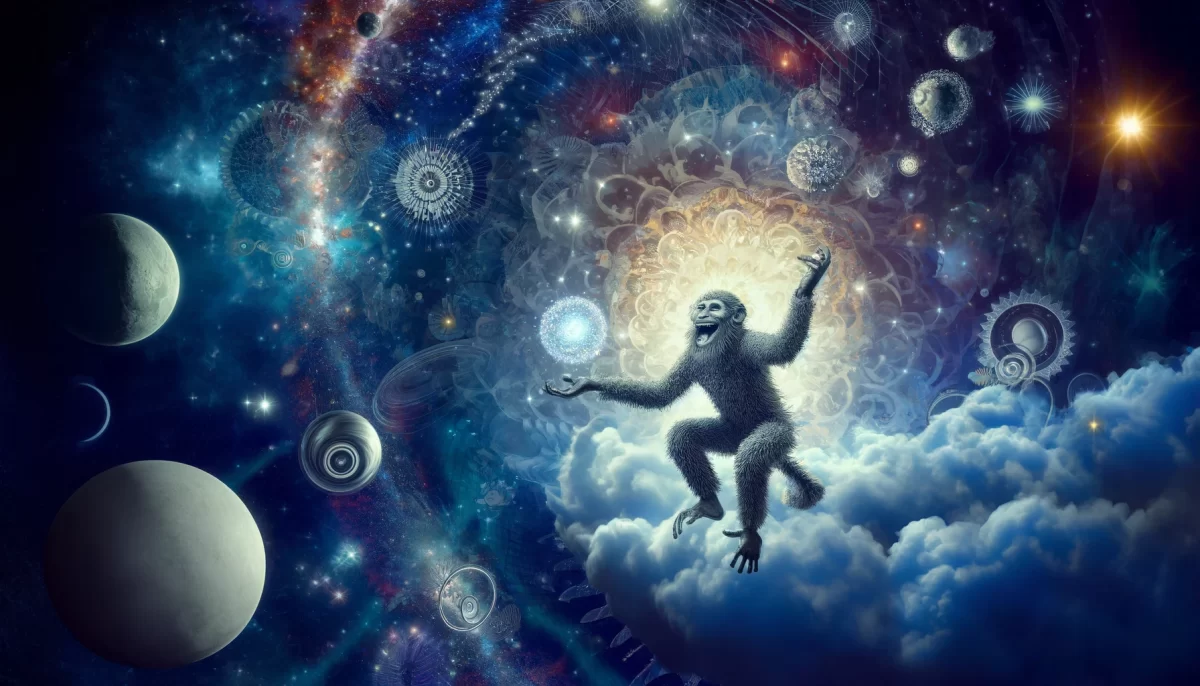
Leave a Reply